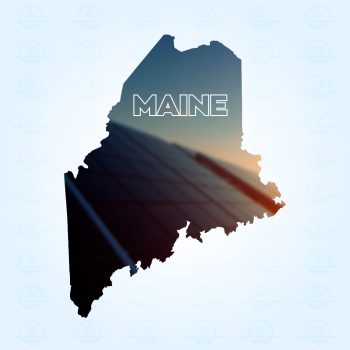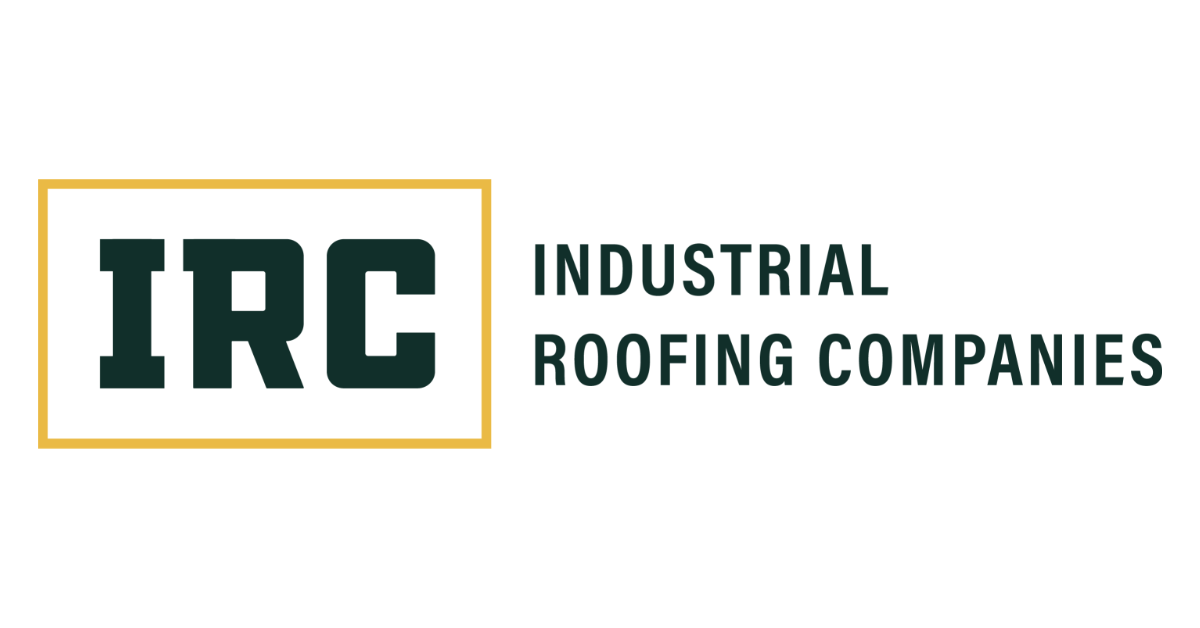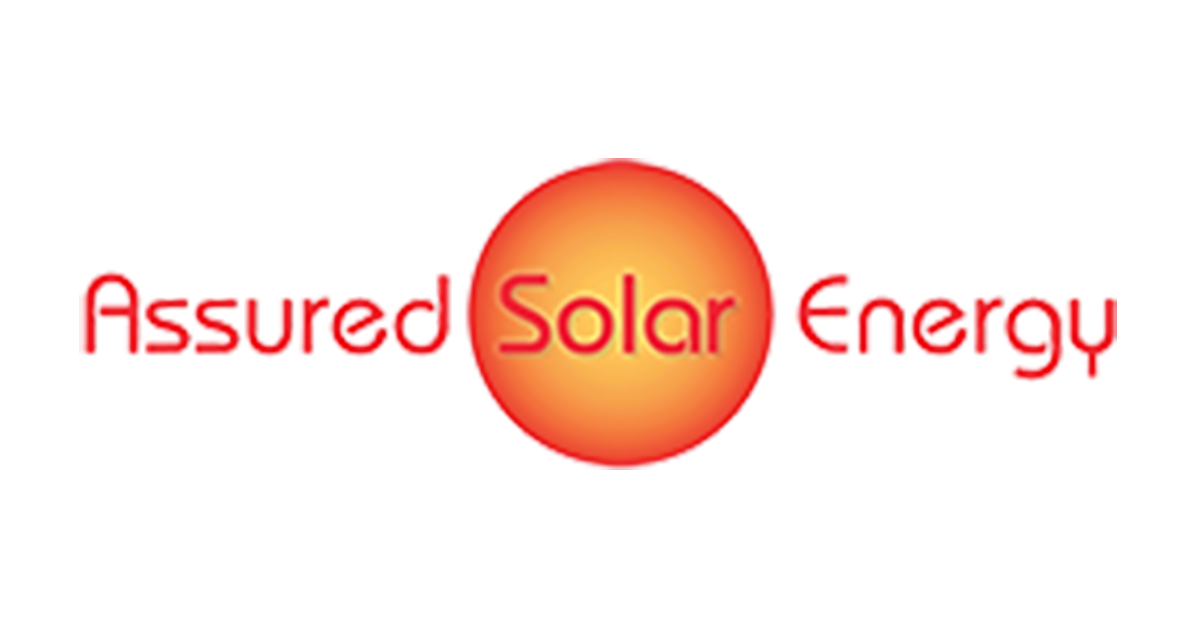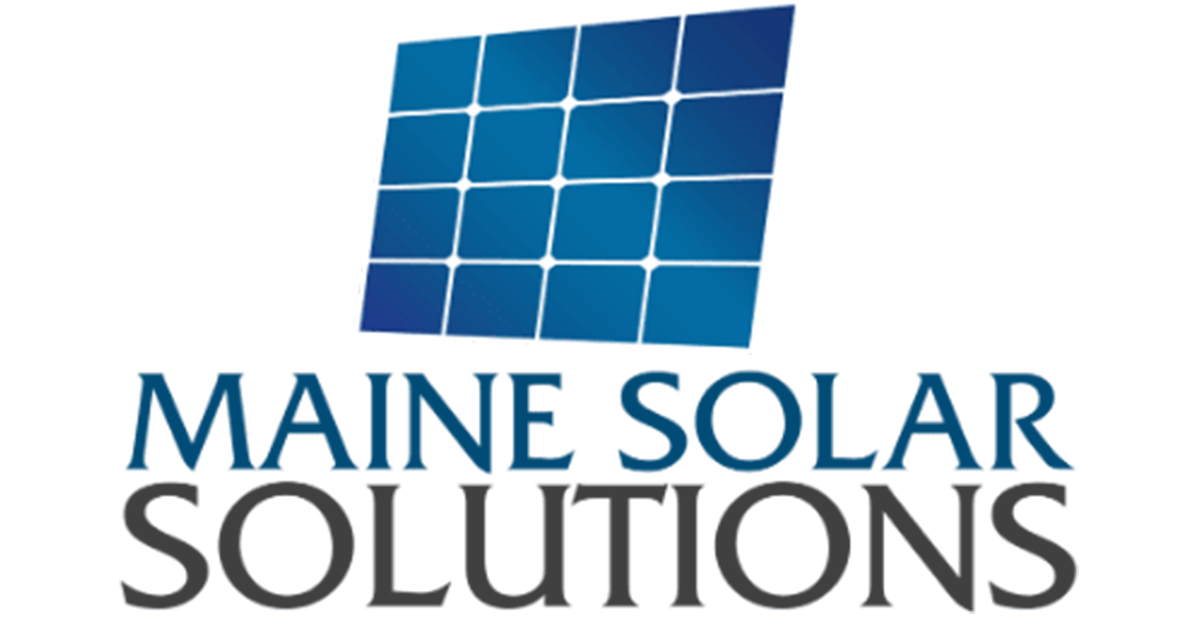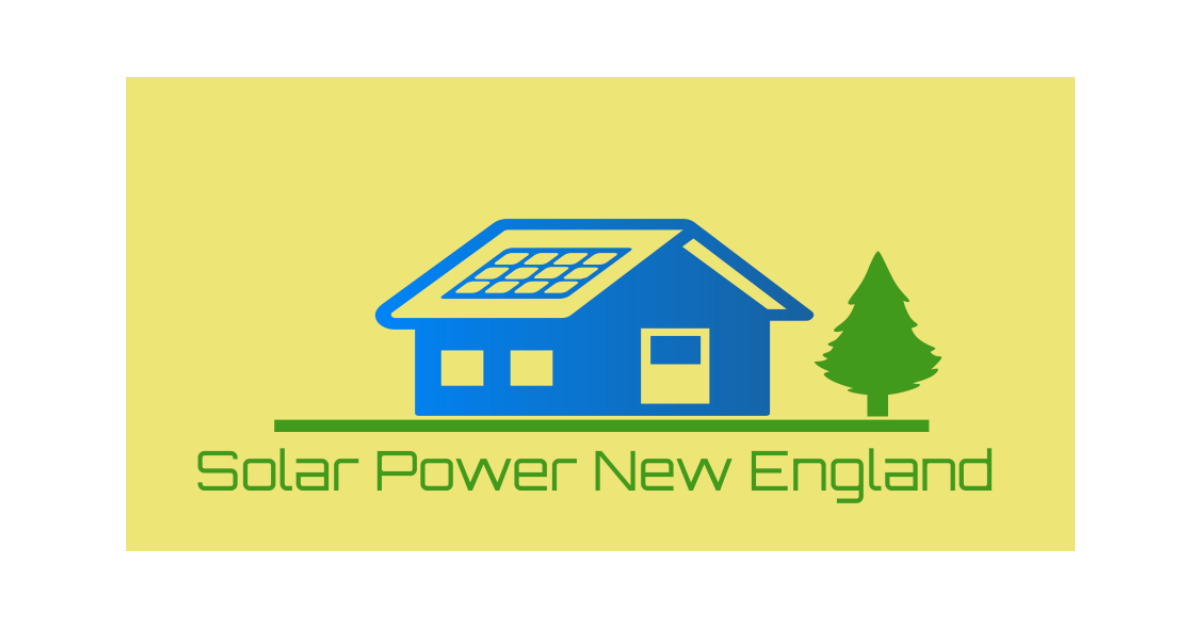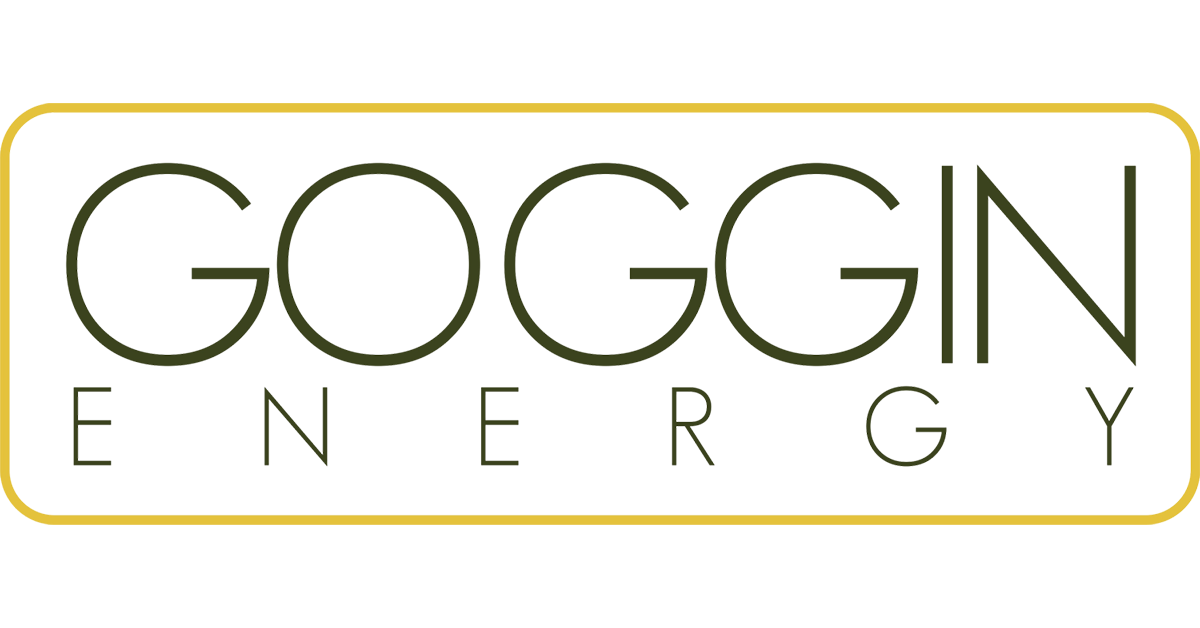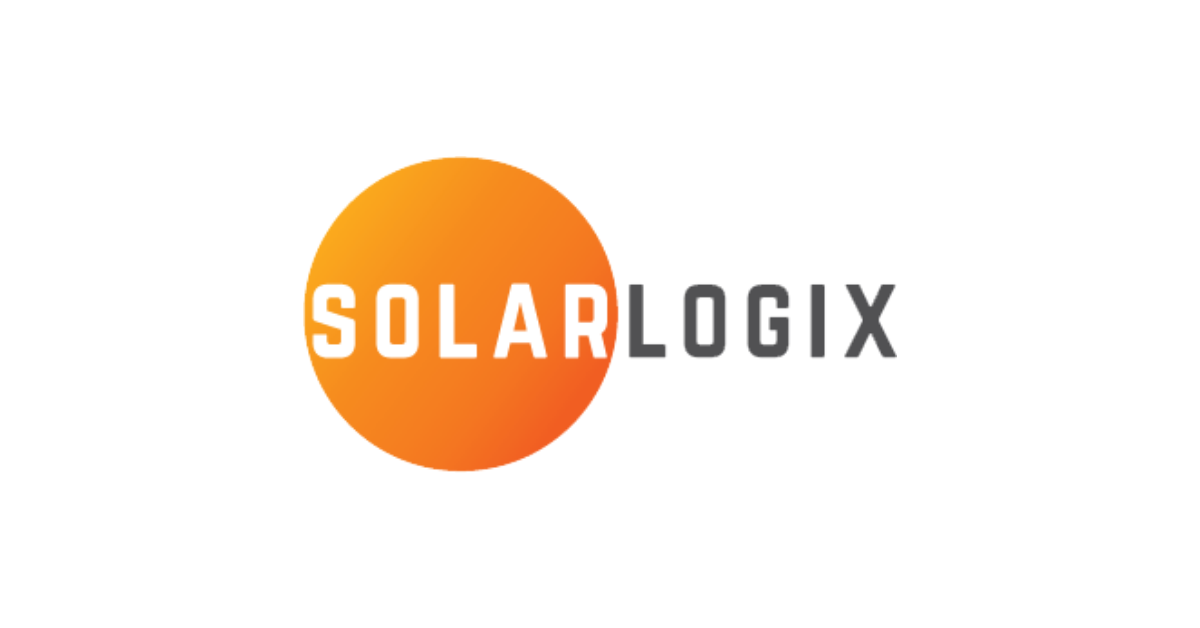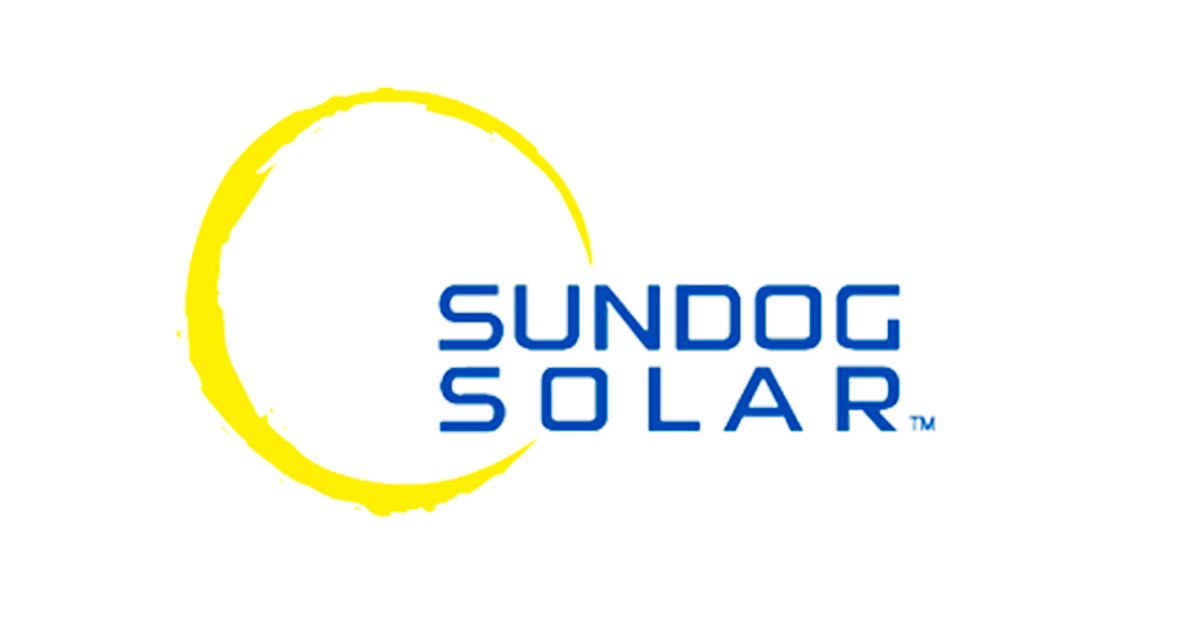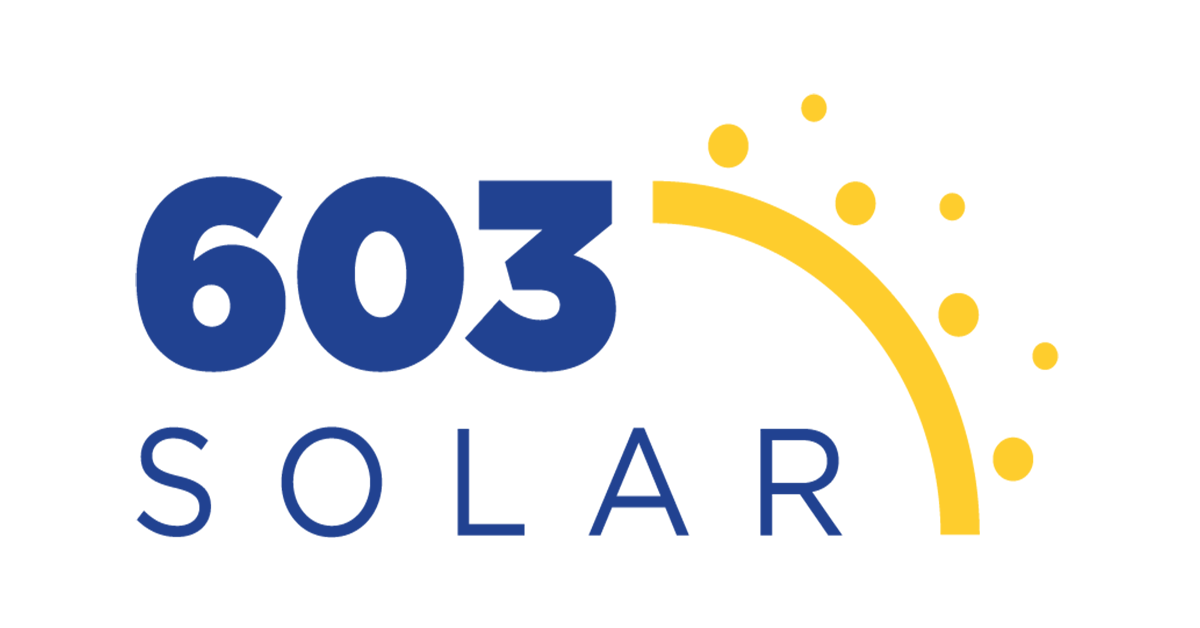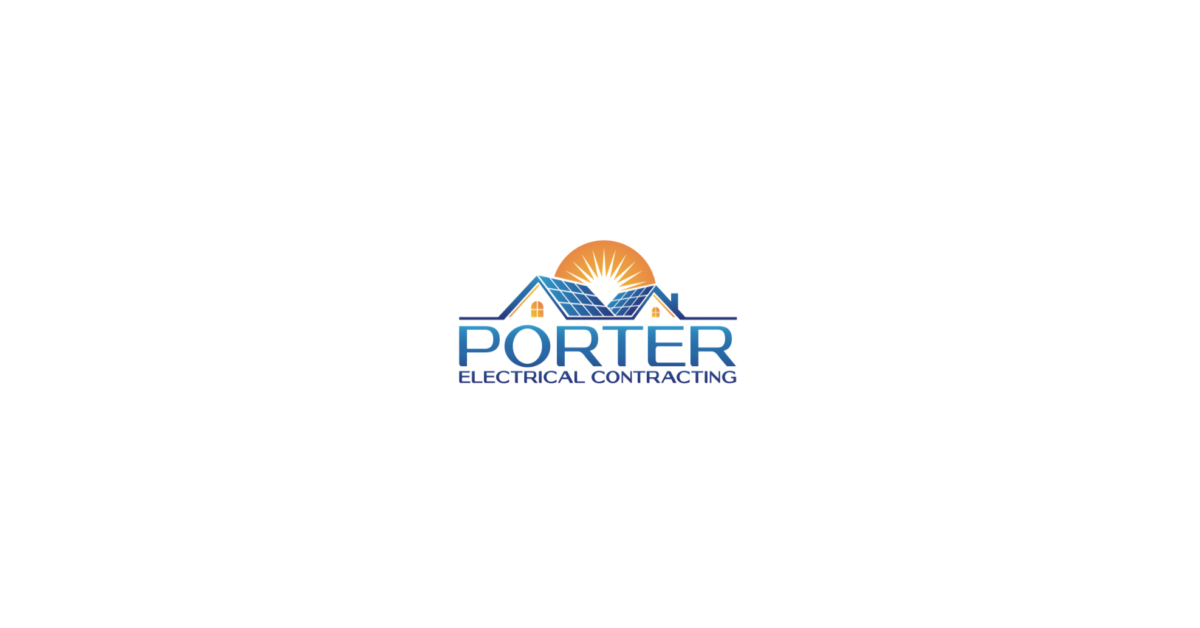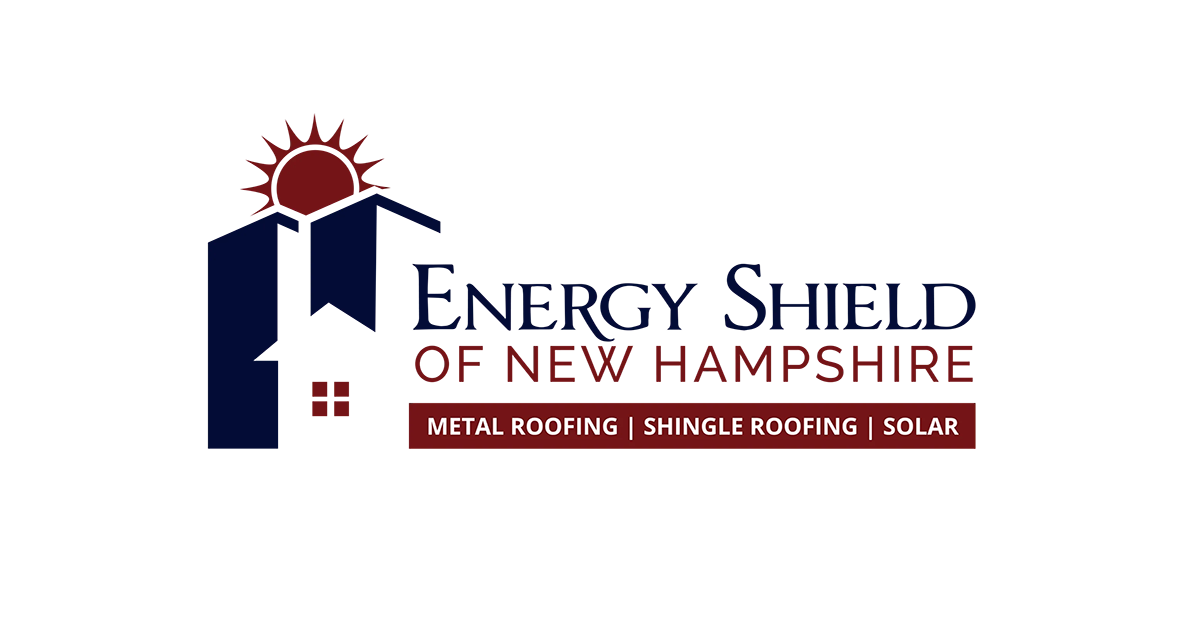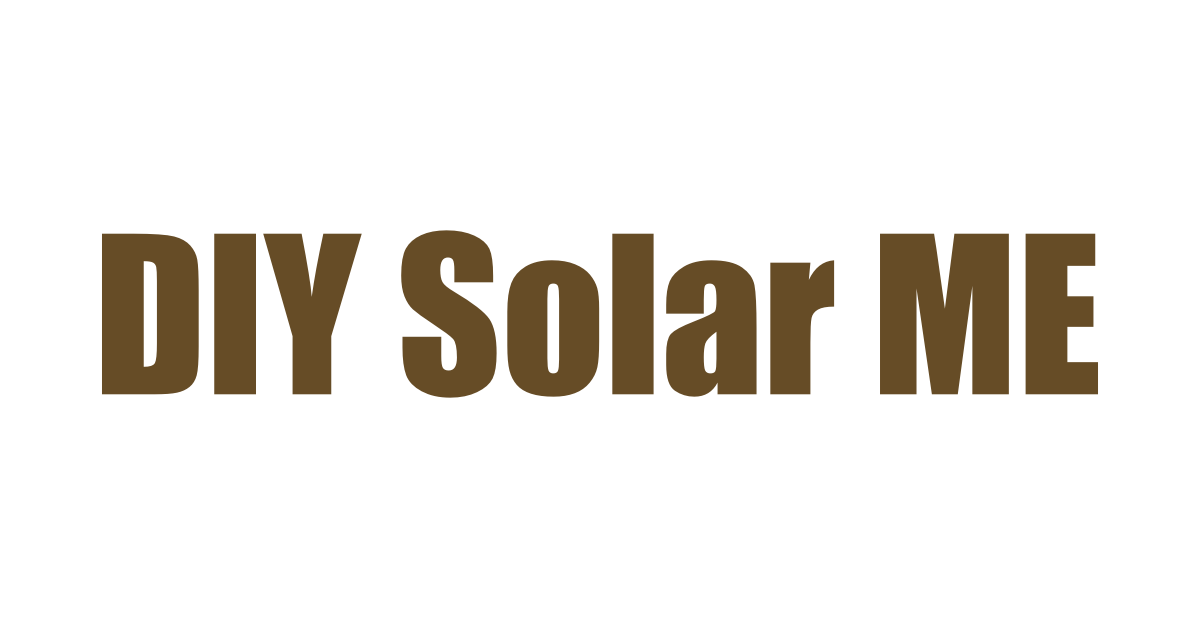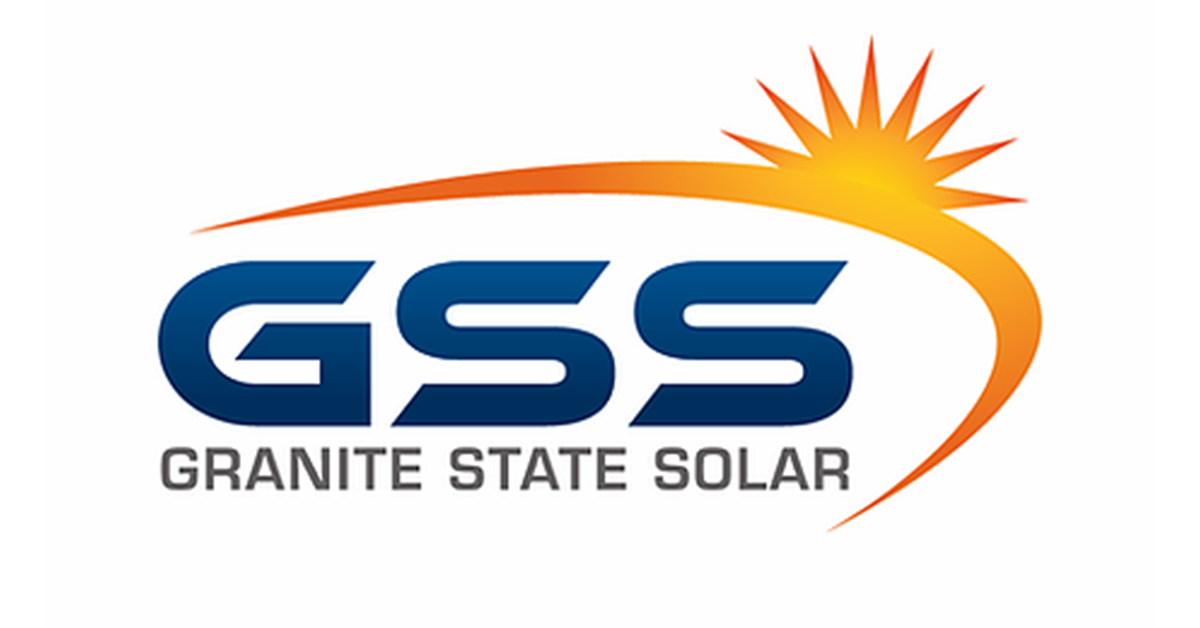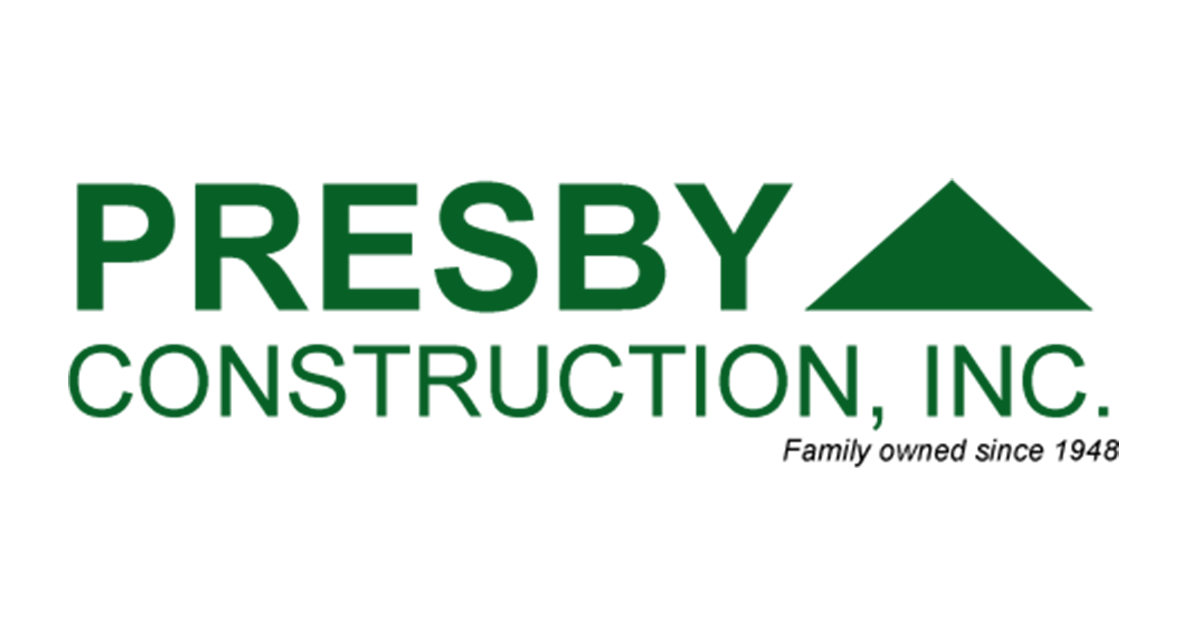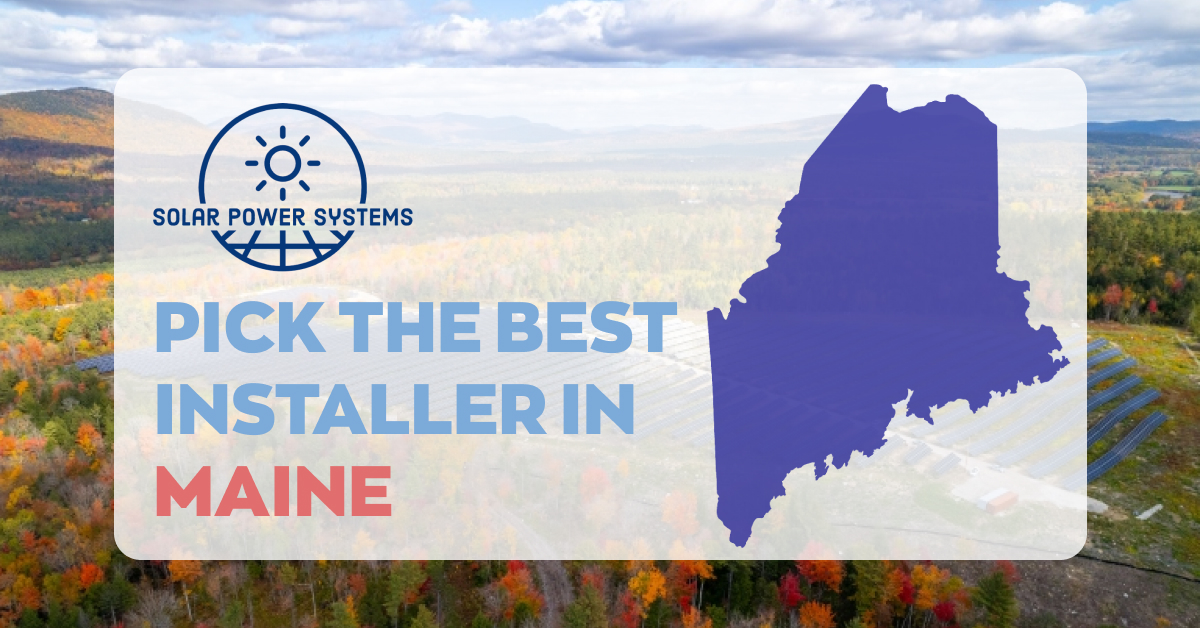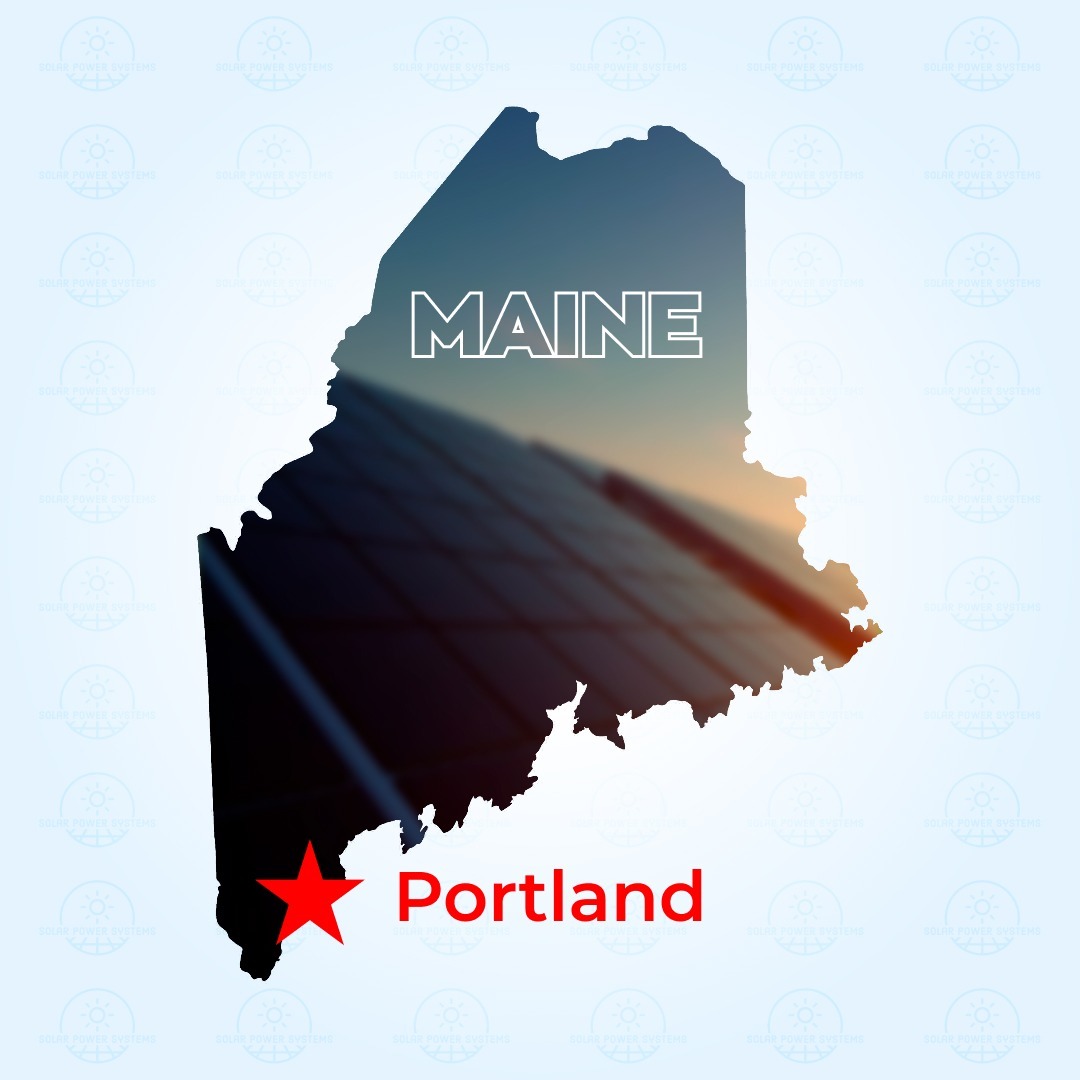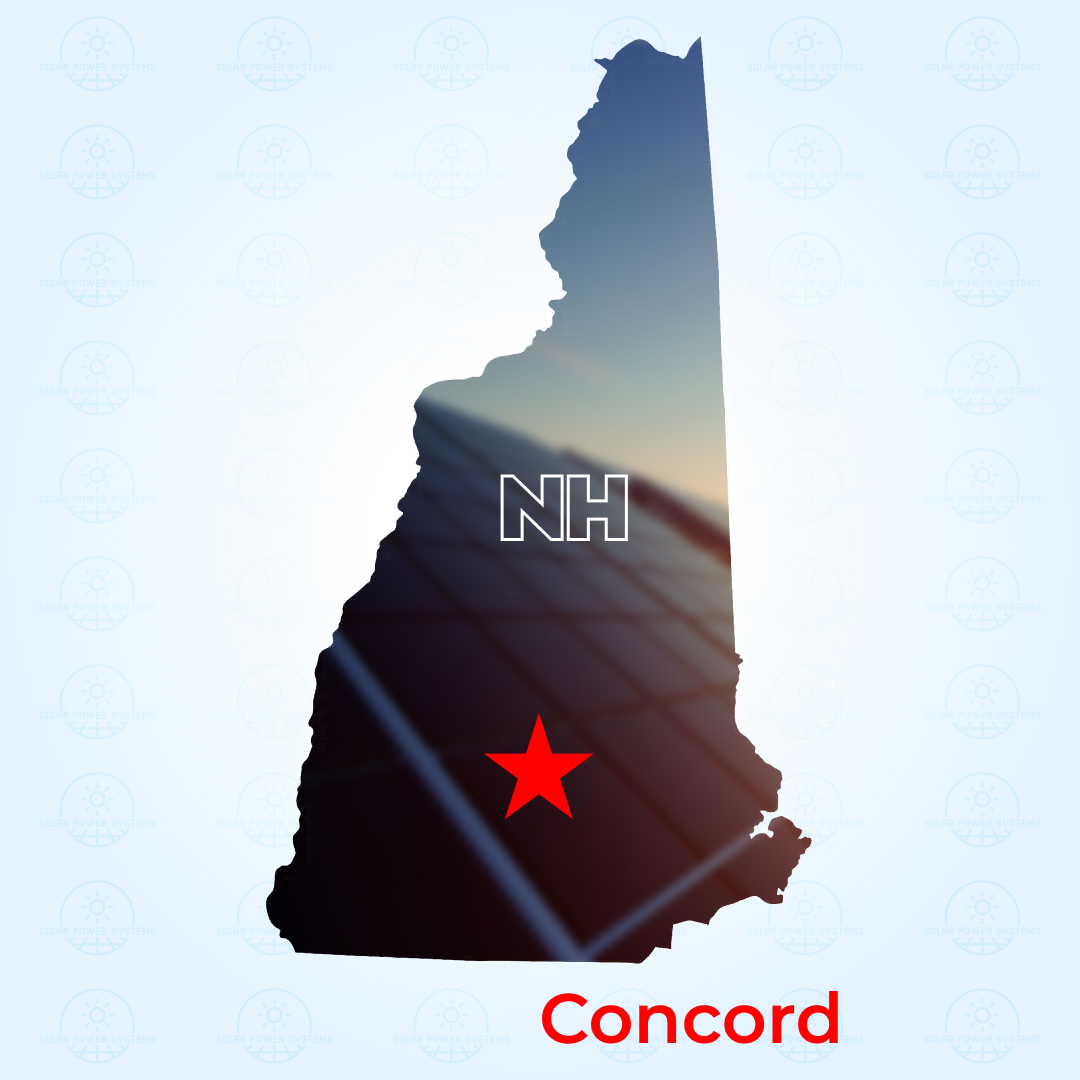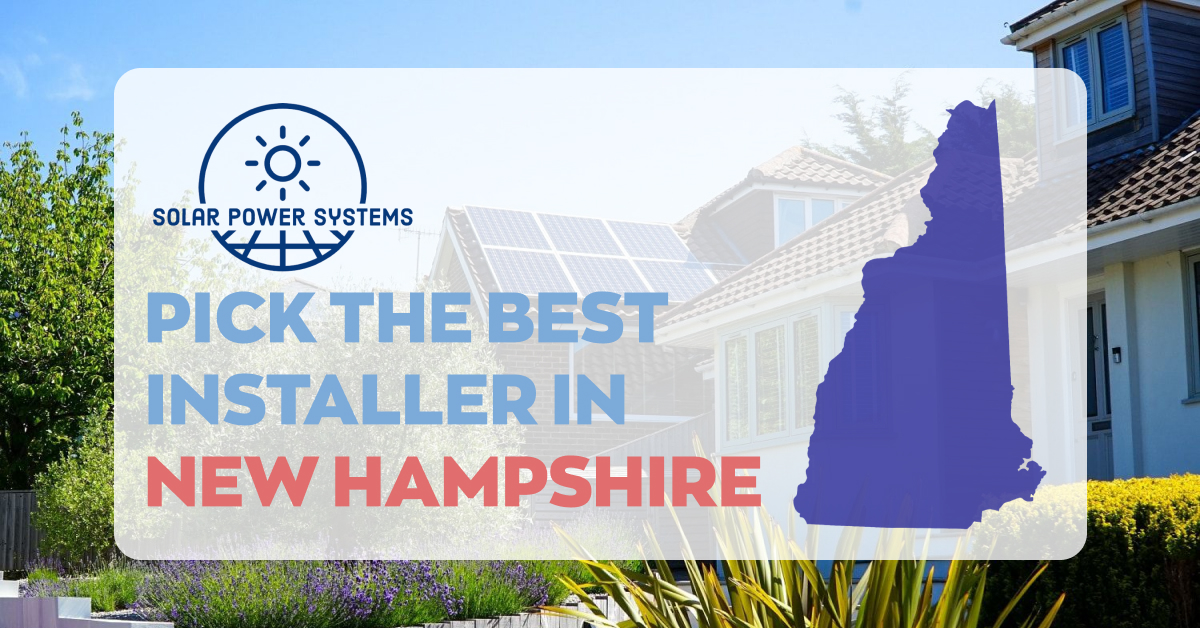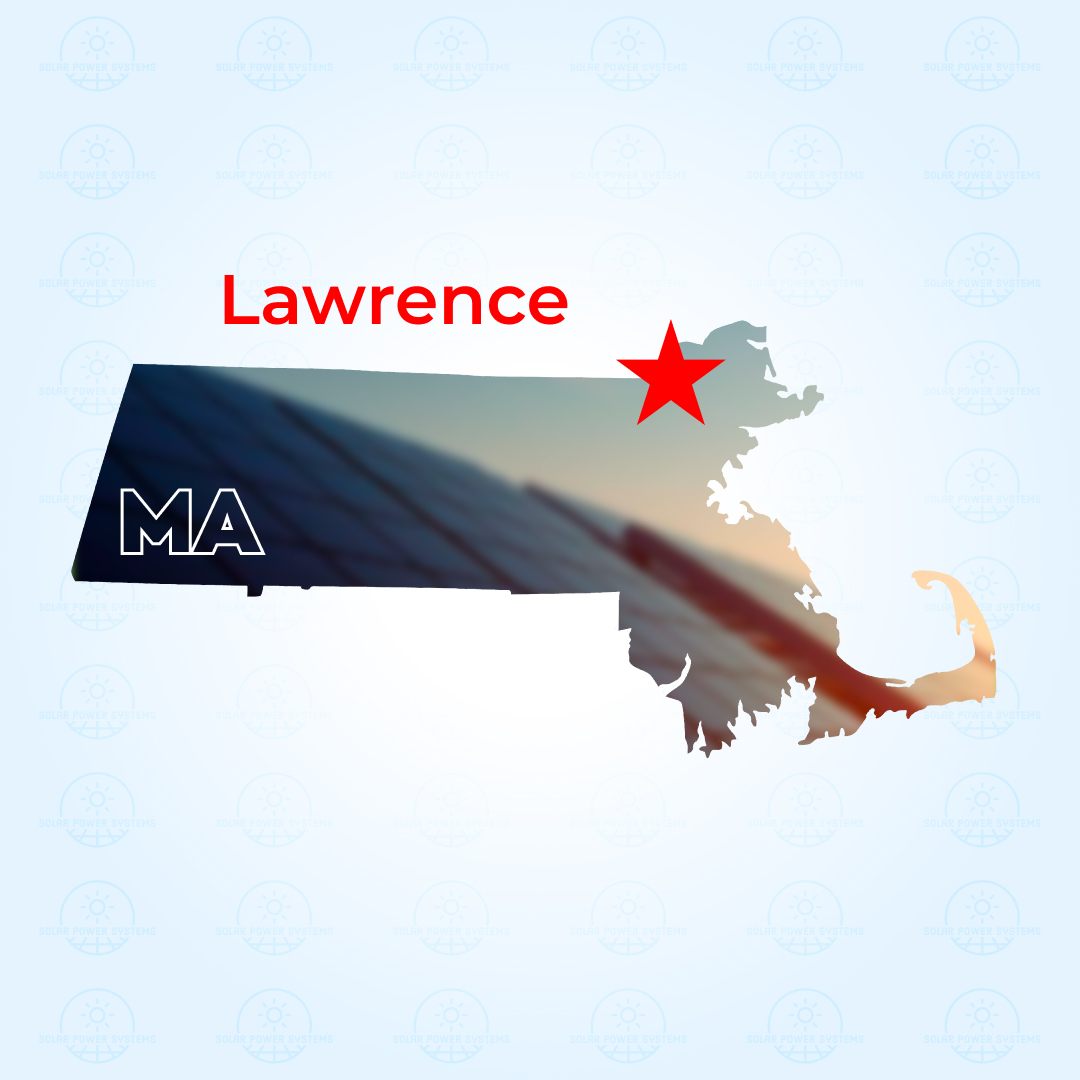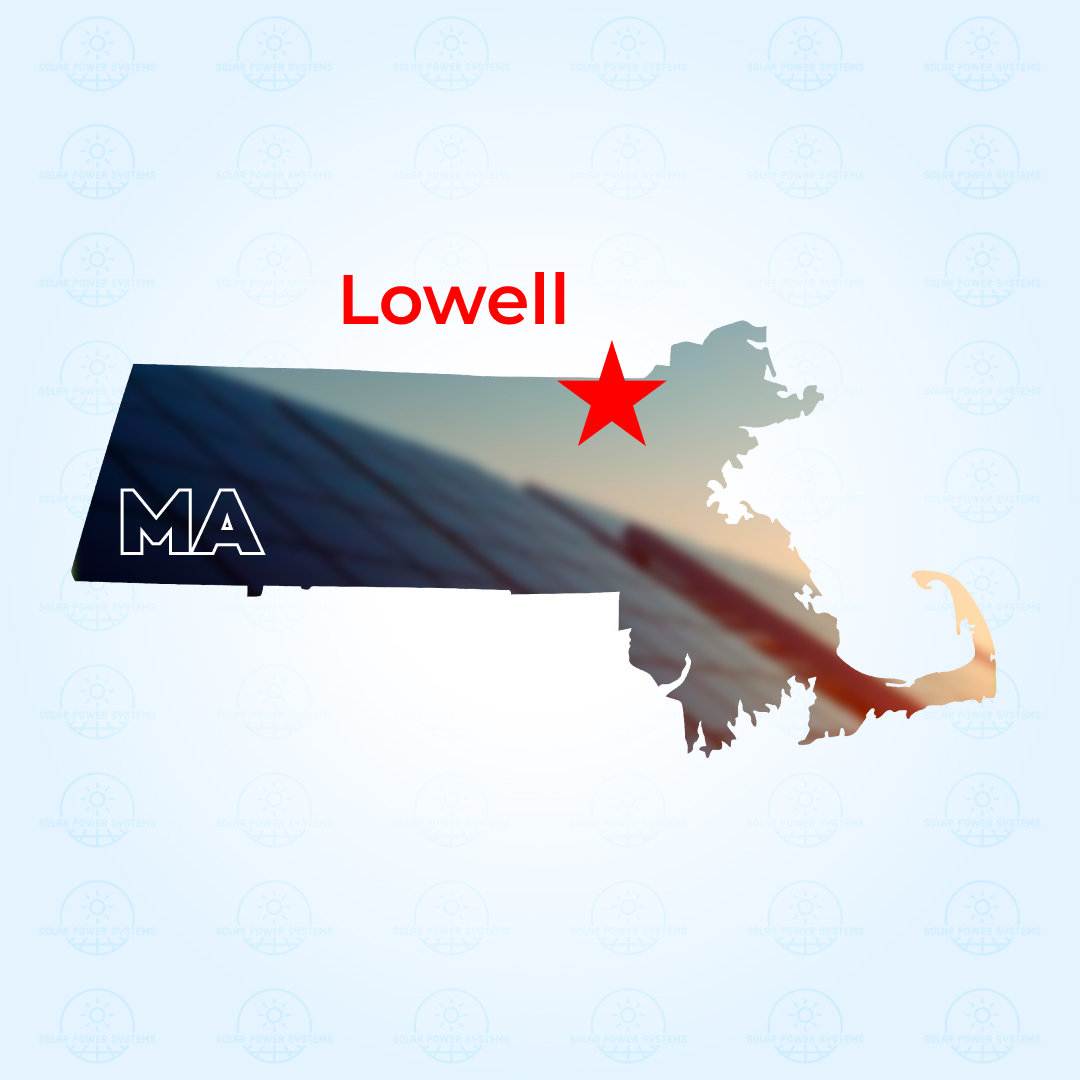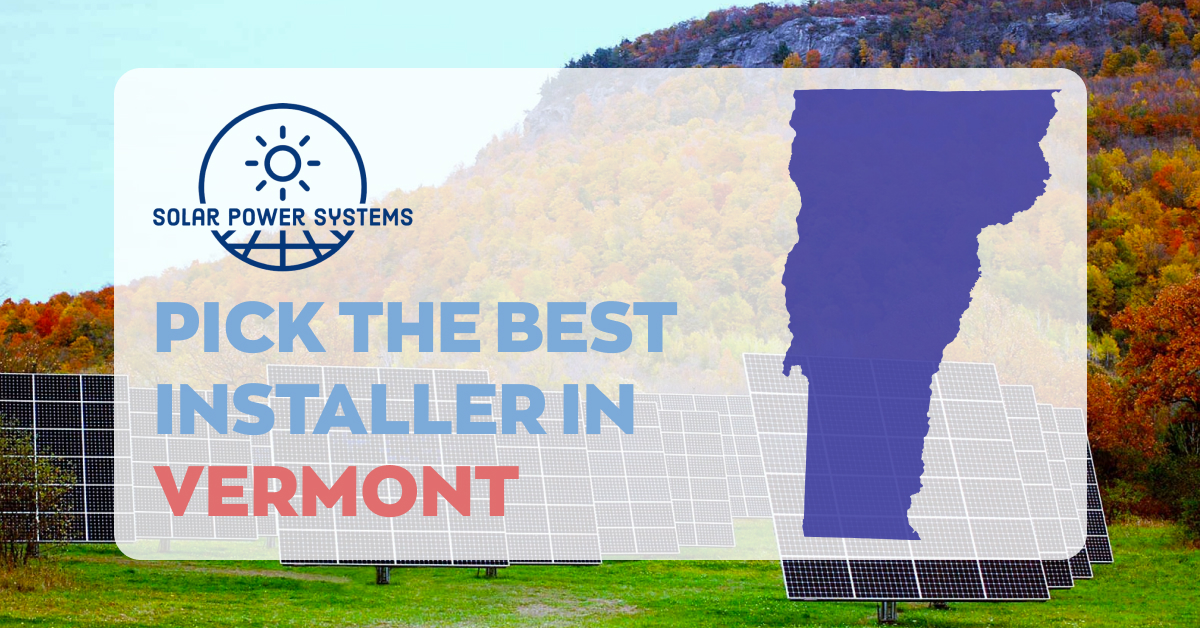Find the Best Solar Installers in Auburn, Maine
Discover companies with proven track records, excellent customer reviews, and a commitment to service and quality. Here’s our curated list of Auburn, Maine’s most reliable solar installers, to start your solar journey with confidence.
IRC Industrial Roofing Companies review 9 Ferry Rd, Lewiston, 4240, ME, US
Assured Solar Energy review 460 Mountfort Rd, North Yarmouth, ME 04097, United States
With an overall third-party rating of 4+ and positive feedback across more than 10 reviews from different platforms, Assured Solar read more…
Maine Solar Solutions review 491 US ROUTE 1 SUITE 20 FREEPORT, ME 04032, United States
Maine Solar Solutions is rewarded with our Expert Choice badge, serving an exclusive area of fewer than 1 state. With read more…
ReVision Energy review 55 Bell St Portland, ME 04103 United States
Revision Energy is rewarded with our Expert Choice badge, serving an exclusive area of fewer than 3 states. With a read more…
Solar Power New England review Forest Avenue, Portland ME, 04103, United States of America
With an overall third-party rating of 4+ and positive feedback across more than 10 reviews from different platforms, Solar Power read more…
Goggin Energy review 75 West Commercial Street, Suite 202, Portland, ME 04101
With an overall third-party rating of 4+ and positive feedback across more than 10 reviews from different platforms, Goggin Energy read more…
ReVision Energy review 758 Westbrook St, South Portland ME, 04106
Revision Energy is rewarded with our Expert Choice badge, serving an exclusive area of fewer than 3 states. With a read more…
FieldElectric review 218 Lovell Rd, Fryeburg, ME 04037
With an overall third-party rating of 4+ and positive feedback across more than 10 reviews from different platforms, FieldElectric is read more…
ReVision Energy review 825 Acadia Hwy, Montville ME, 04941
Revision Energy is rewarded with our Expert Choice badge, serving an exclusive area of fewer than 3 states. With a read more…
Solarlogix LLC review 18 Searsport Ave, Belfast, ME 04915, United States
With an overall third-party rating of 4+ and positive feedback across more than 10 reviews from different platforms, Solarlogix LLC read more…
Sundog Solar review 222 E Main St, Searsport, 4974, ME, US
With an overall third-party rating of 4+ and positive feedback across more than 10 reviews from different platforms, Sundog Solar read more…
603 Solar review 152 Portsmouth Avenue, Stratham NH, 03885
With an overall third-party rating of 4+ and positive feedback across more than 10 reviews from different platforms, 603 Solar read more…
Porter Electrical Contracting review 38A North Road, Deerfield, NH 03037, United States
With an overall third-party rating of 4+ and positive feedback across more than 10 reviews from different platforms, Porter Electrical read more…
603 Solar review 24 Charter St Exeter, NH 03833-2326
With an overall third-party rating of 4+ and positive feedback across more than 10 reviews from different platforms, 603 Solar read more…
ReVision Energy review 7 Commercial Dr, Brentwood NH, 03833
Revision Energy is rewarded with our Expert Choice badge, serving an exclusive area of fewer than 3 states. With a read more…
Energy Shield of New Hampshire review 484, Province Road Building 1, Unit 19, Laconia, New Hampshire 03246, United States
Energy Shield of New Hampshire is rewarded with our Expert Choice badge, serving an exclusive area of fewer than 1 read more…
DIY Solar ME review 64 Gettysburg Ave, Brewer, ME 04412, United States of America
With an overall third-party rating of 4+ and positive feedback across more than 10 reviews from different platforms, DIY Solar read more…
Granite State Solar review 57 Ryan Road, Bow, NH 03304
Granite State Solar is rewarded with our Expert Choice badge, serving an exclusive area of fewer than 2 states. With read more…
Presby Construction review 244 Main St., Franconia NH, 03580, Manchester, New Hampshire, United States
With an overall third-party rating of 4+ and positive feedback across more than 10 reviews from different platforms, Presby Construction read more…
ReVision Energy review 78 Main St, Enfield NH, 03748
Revision Energy is rewarded with our Expert Choice badge, serving an exclusive area of fewer than 3 states. With a read more…
How Much Can Solar Panels Save You in Auburn, Maine?
Finding out how much you can save on solar in Maine, is not a straightforward answer. It depends on several factors, including the solar billing of your utility company, the size of a potential solar system on your roof, and your household’s energy consumption. While most solar installers will try to cover all your electricity needs, the actual savings will depend on your home’s unique conditions. To get a personal estimate of how much you could potentially save by going solar, fill out a simple form on our website, use Google’s Project Sunroof solar savings calculator, or consult with a couple of local solar installation companies for a personalized savings calculation.
Read more about solar panel costs, incentives, and rebates in Maine.
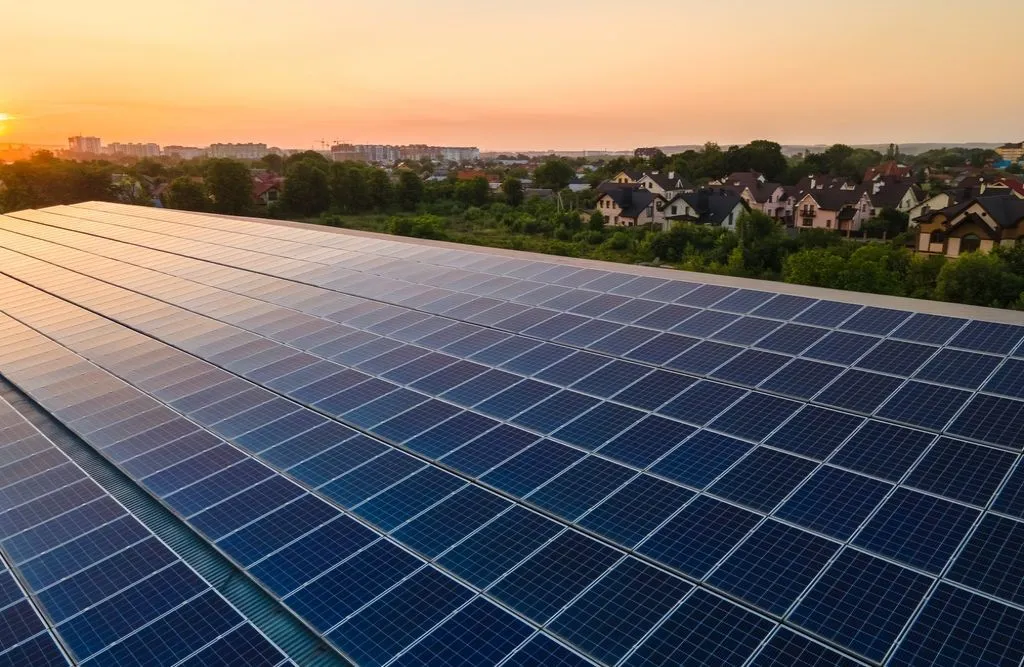
How much is your electricity bill per month?
Help us understand what you`re currently spending
Solar Financing Explained
You can pay for solar panels in a couple of ways:
- Cash
- Installer solar loans
- Personal loans
- Cash-out refinance or HELOC
- Solar Leases or Power Purchase Agreements (PPA)
First, there is a cash purchase, which in most cases provides the best price and long-term savings, but the upfront payment is not always what you can afford. If you want to own your solar panels and don’t have about $15,000 to $20,000 in the bank, you’ll have to choose solar panel financing.
You can consider a personal loan, a home equity line of credit, or a solar loan offered by the solar company. However, keep in mind that these loans come with interest and additional fees. Solar loans often are tied to dealer fees, which can increase the total cost of your solar system by 20% or more in exchange for a lower interest rate. To ensure you get the best possible deal, it is wise to compare the dealer fees and interest rates offered by different installers. This way, you can make an informed decision based on the most favorable terms available.
Some companies offer solar leases or PPAs that require zero upfront cost. But in such cases, you don’t own solar panels and you are not eligible for any solar rebates or the federal tax credit. And, because you have to pay the solar company monthly, your total solar savings will be lower. Ask for detailed savings calculations from a solar installer to decide on the best option. In most cases, you will still be paying less for electricity.
Discover Your Solar Savings in 60 Seconds
Get instant estimates powered by Google Solar API – See your roof's energy potential, cost savings, and environmental impact
Maine Solar Incentives and Rebates
Looking at solar in Maine? The incentive situation here is pretty bare-bones, honestly. Maine doesn't throw much at you on the state level, but there are a few things that help—and one massive urgent thing you need to know about right now.
1. Federal Solar Tax Credit (Gone After December 31, 2025)
Alright, let's get the urgent part out of the way first. The federal solar tax credit—the big one that gives you 30% back on your whole installation—is ending on December 31, 2025. Like, actually ending.
A typical 5 kW system in Maine runs about $14,800 right now (that's October 2025 pricing). Take 30% off, and you're down to about $10,360 out of pocket. You're saving close to $4,440 from this credit alone.
Same story as always: you've got to own the system, either cash or financing. Leases don't count. And you need federal tax liability to actually use it. If you don't owe enough in one year, it rolls forward for up to five years.
Here's what's different: legislation passed in July 2025 killed this credit for residential solar starting January 1, 2026. They axed it almost a decade early. And since solar installations take months from your first meeting to actually turning the thing on, if you're even thinking about this, you need to move now. Not next spring. Now.
2. Maine Net Energy Billing
This is Maine's version of net metering, and it's actually pretty decent. When your panels make more electricity than you're using, that excess goes to the grid and you get credits on your utility bill.
Maine's got two programs:
kWh Credit Program (for homes): You get one-to-one kilowatt-hour credit for every kWh you send to the grid. These credits offset future charges at the full retail rate, which is the good kind. Any unused credits expire after 12 months.
Tariff Rate Program (for businesses): You get dollar credits at a rate the Maine Public Utilities Commission sets each year.
Both Central Maine Power and Versant Power (the two big utilities) have to offer these programs. This is probably the single most valuable ongoing thing in Maine because it squeezes maximum value out of every bit of power your system produces.
Important: Maine passed some legislation in June 2025 that phases out the net energy billing expansion for big commercial solar farms, but home solar isn't touched by these changes. Your rooftop system is still fully protected under net energy billing.
3. Maine Property Tax Exemption
Maine gives you a full property tax exemption for whatever value your solar system adds to your home. Solar typically bumps up property value, but in Maine, you don't pay property tax on that added value.
The exemption appears to last for the life of your system, based on how the law reads. Maine property tax rates bounce around depending on your town, but dodging that annual increase adds up over 25 years—potentially hundreds of dollars per year.
4. Maine Sales Tax Exemption
Maine doesn't charge the state's 5.5% sales tax on solar equipment. On a $14,800 system, you're saving about $814.
It just happens automatically when you buy—nothing to apply for. Not a huge amount, but it helps.
5. Solar for All Program (Cancelled)
Here's some lousy news: Maine was awarded $62 million in April 2024 from the EPA for a Solar for All program aimed at low-income households. The program was supposed to help over 20,000 low-income Maine households with rooftop solar, storage, and community solar.
However, in 2025, the EPA terminated Maine's $62 million Solar for All award. According to the Maine Department of Energy Resources, the funding was fully set aside by December 2024, and Maine had even gotten EPA approval for its plan in July 2025. But the termination means this program's dead in the water.
The state's trying to figure out ways to salvage it, but as of October 2025, there's no Solar for All money available for Maine residents.
6. Efficiency Maine Programs
Efficiency Maine Trust focuses mainly on energy efficiency stuff rather than direct solar rebates. They've got programs for:
- Heat pumps (ductless and central)
- High-efficiency wood and pellet stoves
- Solar hot water systems (not the photovoltaic panels)
- Various energy efficiency upgrades
They don't currently offer rebates specifically for solar photovoltaic panels, but their energy efficiency programs can work alongside your solar installation. Worth checking their site to see if anything applies to you.
What Maine Doesn't Offer
Maine doesn't have a state solar tax credit or direct cash rebates for residential solar photovoltaic systems. Some states give you another 10-25% on top of the federal credit. Maine? Nothing.
The state's approach is more about the property tax exemption, sales tax exemption, and keeping a strong net energy billing policy rather than handing out direct money.
What You're Actually Looking At
The math right now depends entirely on whether you can squeeze your installation in before December 31, 2025.
Install before year-end: That $14,800 system drops to about $10,360 after the federal credit. Skip the sales tax ($814 saved), and you're down to an effective cost of around $9,550. Throw in the property tax exemption savings over time and net energy billing, cutting your monthly bills, and most Maine homeowners hit payback around 9-11 years.
Install after December 31, 2025: You're paying the full $14,800 minus just the sales tax exemption. Without that federal credit, you're looking at $14,000 and payback stretching to 15-18 years or longer.
Maine's electricity rates are brutal—they've been climbing steadily and are currently among the highest in the country at around 24-25 cents per kWh, depending on your utility and rate plan. That actually helps solar make financial sense, even without great state rebates.
Here's something people don't always get about Maine: you get way more sun than you'd think, especially down south and along the coast. Yeah, winters are long and dark, but solar panels work better in cold weather anyway. The bigger issues are snow piling up (though it usually slides off) and making sure you've got good southern exposure without too much tree shade.
Net energy billing is absolutely crucial in Maine. Without it, the economics would be way tougher. But with full retail rate credits for excess power, you're getting maximum value from your system all year long.
Just keep in mind that federal credit only works if you're paying federal income taxes, and only if you install by December 31, 2025. Given how tight the timeline is, it's probably smart to talk with your installer about your specific situation sooner rather than later. Maine winters can also slow down installations, so don't wait until December to get the ball rolling.
Frequently Asked Questions
How We Rank Solar Installers
Our main goal is to provide homeowners like you with top-rated solar companies you can trust. Our solar experts analyzed thousands of local and nationwide installers to get to the bottom of who is best in a specific location. The solar company ranking methodology is based on gathering input from homeowner surveys, consulting with industry experts, and extensive research into the solar energy market. Here are the things we believe are the most important to consider when choosing a solar company.
In short, here’s how we pick top installers:
- Company that has been in business for over five years as it indicates stability, reliability, and successful installations.
- Local solar companies over big national ones are covering multiple areas, and they can provide better personal attention and learn more about the solar needs and regulations in their area.
- Companies with hands-on experience and a wealth of projects under their belt are more likely to deliver efficient and timely installations that cater to specific customer needs.
- Companies that handle their own installations instead of outsourcing to subcontractors ensure a higher caliber of work and nurture a culture of excellence and accountability in service.
- Select a company that has a good overall reputation and reviews on sites like SolarReviews, BBB, Google Maps, and Yelp.
- The company is licensed and insured and holds relevant certifications such as NABCEP certification.
- Companies that offer a wide selection of high-quality solar panels and related products and work with reputable brands.
- Companies that provide flexible financing options such as solar loans, leases, or power purchase agreements.
- Installers that provide substantial workmanship warranties and system performance guarantees.
Read more:
Our Methodology
What Made Us Choose Sources for Expert Score?
How We Classify Solar Installers: What Matters Most?
What to Look for In a Solar Company
To ensure that you partner with a great provider that can meet your needs of going solar, look for the following:
- Make sure the solar installer has industry-standard certifications, such as those from the North American Board of Certified Energy Practitioners (NABCEP), indicating that they meet the gold standard in renewable energy installations. Also, verify if they are licensed, bonded, and insured for residential solar projects in your area. If subcontractors are involved, check their credentials as well.
- Prioritize installers with a proven track record in solar installations, ideally with at least 5+ years of experience. Ask about the number of systems they’ve installed and their project portfolio. A competent installer should openly discuss the solar panels, inverters, and batteries they use if they help to take advantage of local solar incentives and rebates, and warranty coverage specifics.
- Your installer should be forthcoming about the installation process and answer any questions you might have, like “How many solar panels will I need? Why?”, “Can you give me a detailed cost breakdown based on my energy consumption?”, “What solar panel brands do you install? Why?”, etc.. They should also be transparent about their use of subcontractors, detailing their roles and how their work will be supervised.
- A preliminary evaluation of your roof’s condition is the groundwork. The installer should advise on necessary repairs to ensure it’s ready for solar panel installation and clarify responsibilities for any potential roof damage during the process. Discuss aesthetic concerns, such as the placement of solar panels around roof vents or the possibility of relocating vents for a more visually appealing setup.
- Check the installer’s reputation through online reviews and testimonials. They should be able to connect you with past customers willing to share their experiences. Personal recommendations from friends or neighbors who’ve gone solar can also be invaluable.
- Solar installation costs can vary widely, so obtaining multiple quotes is advisable. Experienced installers will adjust their offers to your home’s specifics—size, energy needs, etc. For an objective cost comparison, calculate the price per watt of the proposed system, giving you a standardized basis to evaluate different quotes.
Should You Choose a Local Solar Installer or a Big National Company?
Always choose a local solar company over a big national corporation. Small local companies that operate in a distinct local area are better than multi-state and national solar companies and large corporations. It’s the small local companies who get the best reviews on our website, and it’s the national multistate companies who get very poor reviews. Why so, you may ask?
Solar is a local service business, for the most part, and it is extremely difficult to run a solar company and offer good customer service to many locations from a central office.
Local ones have a community connection, they know better the incentives and regulations in the area, and they simply care more about you than large businesses trying to get into your pocket and overprice you. While multi-state solar companies might try to convince you by financial stability and “quality of installations across different locations”, try to choose a local company that meets all your criteria.
What Does a Solar Installation in Auburn, Maine Look Like?
Here’s how a solar system installation will look like once the design for your solar system is approved:
- First, a solar installer should estimate your energy needs and analyze your annual and monthly electricity consumption, which you can find on utility bills measured in kilowatt-hours (kWh). Such calculations will help you understand potential savings, the payback period, and the system size you need.
- A home energy audit is something every experienced solar company would do to understand the size and output needed.
- Next question on the list: are your house’s roof conditions good enough for installation? A solar installer should carefully inspect the roof and ensure its conditions and orientation are good to go, how and where to better place solar panels and wire the system.
- Next, they will design the system and show you how it’s going to look.
- You will usually need a permit to install solar panels from your local authorities, and the solar provider should handle all the paperwork.
- The entire process might take up to 3 months depending on the state and local regulations, while the system installation is usually up to 3 days (might take longer depending on roof conditions and system complexity).
- The installation crew should always clean up and remove any debris, leaving your house in good condition.
- When the system is installed, it should be checked and approved by local municipality inspection.
- If you’re connecting your system to the grid, it has to be wired to your local utility system. You’ll apply for connection through your utility company, which will also want to inspect your system to ensure it’s following utility guidelines. Some installers may help you with this step, so always ask. Once you have all the permits, your system will be up and running, powering your home with solar.

Find the Best Solar Installers Near You
Browse the Best Solar Installers in Nearby Locations

